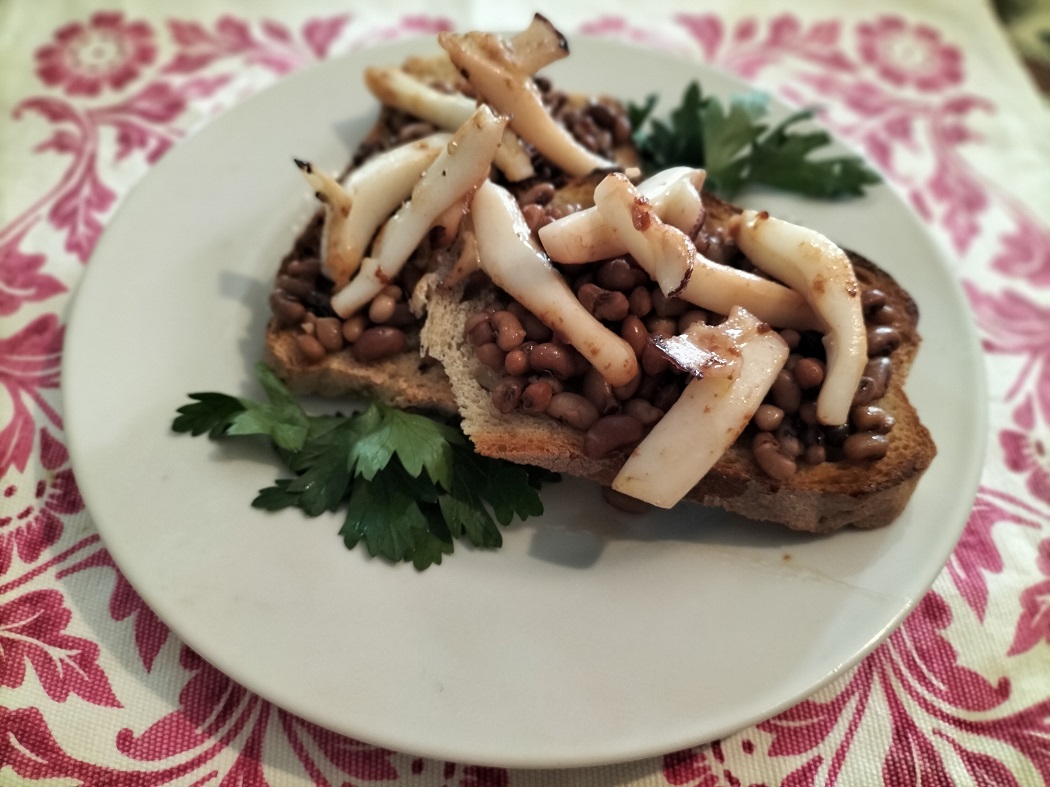Moscato Rosa is a perfect wine to accompany panettone at Christmas because of its aromas and for the story it tells.
Thanks to a tasting by the FIS - Italian Sommelier Federation I magically got to go to South Tyrol to meet Franz Haas VII and his Moscato Rosa made from 100% pink Moscato red grapes.
A demi sec wine with a light alcohol content, only 11.5%, which releases truly unique hints and flavours perfect for desserts.
The story of this wine is very particular and Franz Haas VII, whose name we will talk about later, tells us that he was born as a bet.
In 1989 he tasted a superb Alto Adige pink muscat and found that the wine tasted more of nocino than pink muscat and this annoyed and stimulated him to compete.
In fact, Franz loves to feel the same hints and aromas in wine that you feel when chewing grapes, respecting a family philosophy that has continued for 7 generations. A direct contact between the palate and the flavours of the territory.
Moscato rosa is an aromatic vine which, if well cultivated and harvested at the right time, emanates characteristic flavours and aromas that are a true taste experience.
It is a rare grape variety in Trentino and is grown in the vineyards at a lower altitude (about 250-300 meters) because being a late grape, it would be harvested too late with the risk of frost. Franz Haas' cellars are known for being the highest in South Tyrol and some pinot noirs are grown at the extraordinary altitude of 1100 meters.
The Moscato Rosa from this winery is not a passito wine but comes from grapes harvested when the grape begins to shrivel. It is not a directed drying but a natural progression of the bunch which is picked exactly when it is ready.
And this moment Franz decides by tasting the grapes.
The harvest is therefore not chosen by the sugary fermentation but by the flavours of the berries when they are tasted.
Then it is necessary to manage the rot during the maturation phase and a maceration of only 48-72 hours is made to avoid the extraction of tannins. Finally, fermentation is interrupted at the appropriate time with the aid of the cold weather and the wine is aged in steel and in the bottle.
On the other hand, the Haas family is an expert and has been producing wines in Bolzano since 1880 (https://www.franz-haas.it).
A real curiosity is that the eldest son always has the same name, Franz Haas, as if the family and the cellar renew the promise of love with each new birth. And this is the meaning of VII behind the current head of the family. But Franz VIII already awaits.
Alessia Borelli guided us through its tasting, indeed he enchanted us with his words and the riot of scents that he made us recognize. The analysis starts from its bright ruby red colour with very warm coral pink reflections and continues in the nose.
Apart from the scent of rose to which it owes its name, in its intense bouquet there are aromas of undergrowth, fern, mountain pine, fir and almost bitter wild herbs with notes of beeswax, cloves, cinnamon and orange peel.
A journey into perfumes that is the prelude to an incredible palate experience where fresh and savoury notes balance the residual sugar.
Despite the sweetness, Franz Haas' Moscato Rosa still has a good acidity that does not make it cloying, leaving the mouth very clean.
This play between acidity, sweetness and tannin makes it perfect for dry desserts and goat cheeses. But we tried it with a Dolcemascolo panettone with Frutti di Bosco and the experience was perfect.
The flavours of the panettone have merged with those of the wine in a combination in which acidity, sugar and even flavour are enhanced.
But the tannin notes of the pink muscat hold up the butter of the panettone and make it perfect also in combination with the traditional panettone with candied fruit. We tried, not to believe Franz's words, yet we definitely proved him right.
Now we will get some goat cheese to complete the taste experience.









Follow us